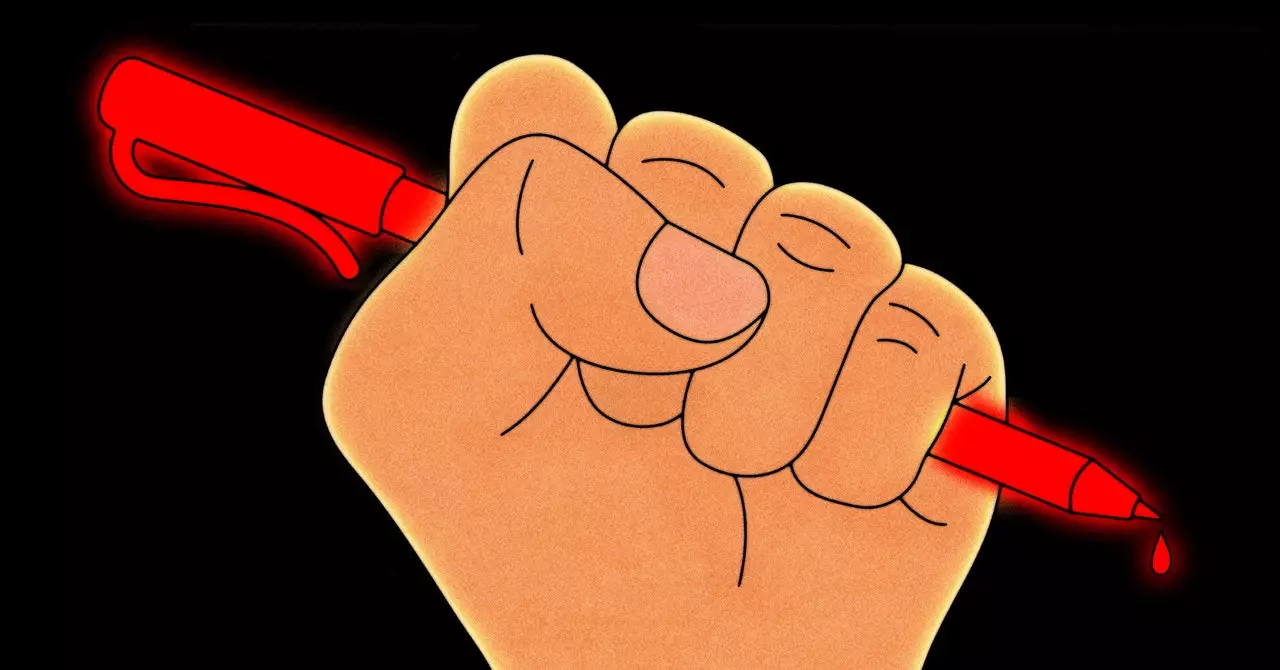In May 2020, a significant conflict emerged between the media and technology giant Thomson Reuters and a fledgling legal AI startup known as Ross Intelligence. The lawsuit emanated from Thomson Reuters’ contention that Ross had unlawfully reproduced content from Westlaw, its proprietary legal research database. At the time, the lawsuit seemed to barely stir public interest, overshadowed by the global turmoil of the COVID-19 pandemic. However, with the impending generative AI revolution taking shape, this legal confrontation is revealing itself to be a crucial episode in a much grander narrative concerning copyright law and artificial intelligence.
The case represents more than just a singular incident; it signifies the onset of an extensive series of legal battles emerging between content holders and artificial intelligence developers. Since the filing, the landscape has dramatically transformed, spawning a plethora of subsequent lawsuits that have steadily progressed through the courts. This initial case is now more pivotal than ever, as it could influence future judicial interpretations of copyright law, particularly in the context of AI technologies, with repercussions reverberating across the internet ecosystem and potentially affecting a vast array of online activities.
Since the lawsuit against Ross Intelligence, the number of copyright infringement cases involving AI companies has escalated rapidly. Individuals like author Sarah Silverman and prominent figures such as Ta-Nehisi Coates have stepped into this fray, taking legal action against AI companies for purportedly utilizing their creative works without authorization. Furthermore, major media outlets, including The New York Times, alongside influential entities in the music industry like Universal Music Group, have joined the chorus of plaintiffs. They argue that the practices of AI companies mirror theft, asserting that these entities harvested their copyrighted materials to train advanced AI models that offer lucrative returns.
The breadth of the conflict is striking. At its essence, it poses essential questions about the balance of power between creators and the emerging tech industry, as many rights holders seek justice for what they perceive as illegal appropriations of their labor and creativity. While AI companies frequently defend themselves by invoking the “fair use” doctrine, claiming their methods align with legal provisions permitting the use of copyrighted content without permission, this defense is increasingly scrutinized. The doctrine, which typically supports cases of parody, reporting, and education, becomes a battlefield as AI technologies blur the boundaries of its applicability.
Prominent AI companies including OpenAI, Meta, Microsoft, Google, Anthropic, and Nvidia have all found themselves entangled in these legal disputes. The outcome of these cases will inevitably shape the future of the AI landscape, raising questions about the legality of AI training practices. With many industry leaders now facing lawsuits, the ramifications of these legal struggles extend far across the digital universe. The stakes are high, not only for the companies involved but also for rights holders, consumers, and the future trajectory of AI development.
As of now, the ongoing case of Thomson Reuters against Ross Intelligence continues to drift through the judicial process. Initially anticipated to reach trial this year, proceedings have faced indefinite postponements. This delay has taken a toll on Ross, as the financial burden of litigation has forced it out of business, leaving many to wonder about the ultimate resolution of this landmark case. Meanwhile, other significant lawsuits, such as that of The New York Times against OpenAI and Microsoft, are embroiled in contentious discovery phases, with both sides nervously navigating the legal labyrinth regarding what information must be disclosed.
These unfolding legal battles hold profound implications not only for the AI industry but for the creator economy as a whole. The outcome of these cases could reinforce or redefine the principles surrounding copyright law in an age where machine learning and AI are becoming increasingly integral to content creation and research. As rights holders claim their entitlements and AI companies defend their methodologies, the resolution of these cases will set precedents that echo through the corridors of innovation and creative expression for years to come.
The 2020 lawsuit has proved to be the tip of the iceberg, signaling a crucial turning point in the relationship between human creativity and increasingly sophisticated AI systems. As the fight escalates and more stakeholders become involved, the digitized information environment will likely emerge reshaped, with lasting impacts felt by everyone engaged in the online sphere.

